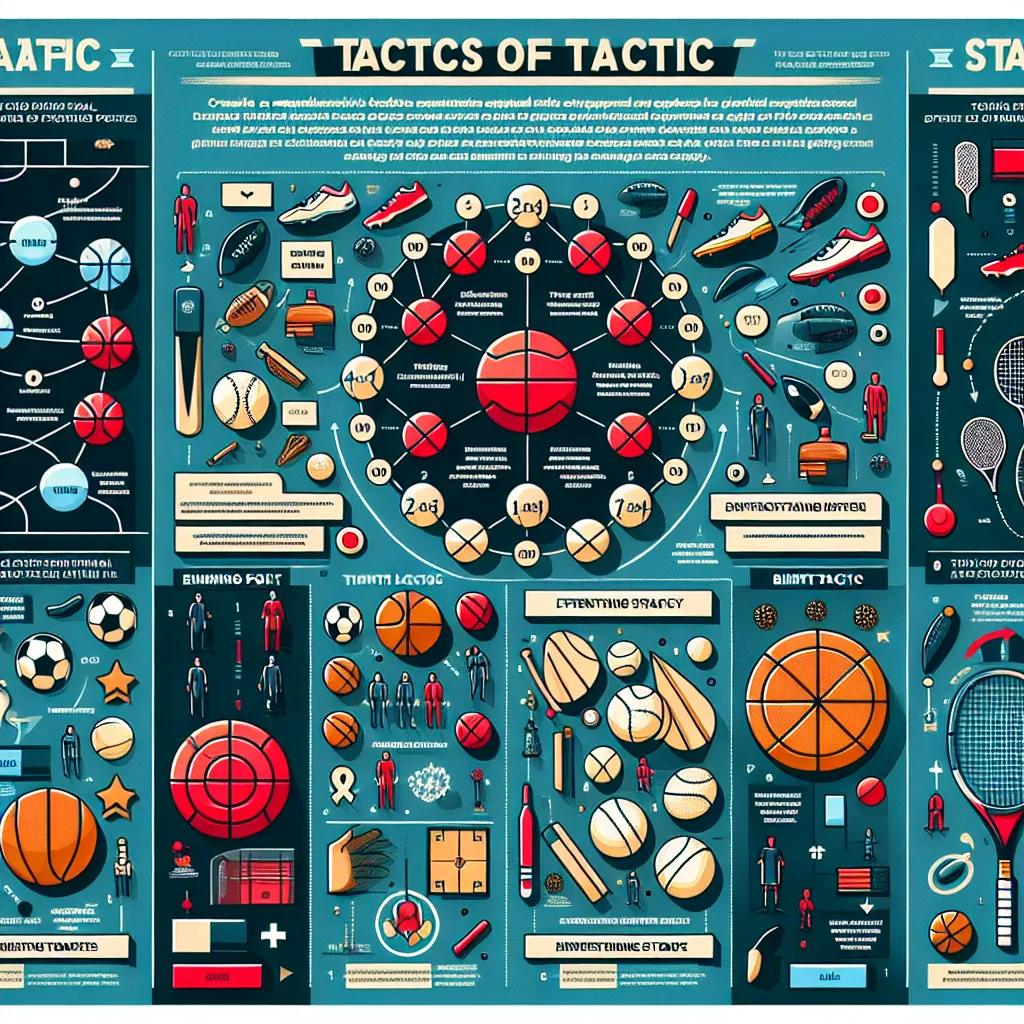Opponent tactics, a crucial concept in sports, refers to the strategies and techniques employed by competitors to gain an advantage over their rivals. As an IELTS candidate, understanding this term and its related vocabulary is essential for achieving success in the exam, particularly in the Speaking and Writing sections where sports-related topics may arise.

Definition and Usage
Opponent tactics [/əˈpəʊnənt ˈtæktɪks/] (noun phrase): The strategic plans and actions used by a player or team to counter and overcome their adversary in a competitive setting.
This term is commonly used in sports contexts but can also be applied to other competitive situations. Let’s explore some examples to better understand its usage:
-
The coach analyzed the opponent tactics to prepare his team for the upcoming match.
- In this sentence, “opponent tactics” refers to the strategies used by the opposing team, which the coach is studying to develop a counter-strategy.
-
During the chess tournament, Garry carefully considered his opponent tactics before making each move.
- Here, the term is used in the context of an individual sport, highlighting the mental aspect of anticipating and responding to an opponent’s strategies.
-
Understanding opponent tactics is crucial for success in both team and individual sports.
- This example emphasizes the universal importance of recognizing and adapting to opponent strategies across different types of sports.
-
The boxer’s ability to read his opponent tactics mid-fight gave him a significant advantage.
- This usage demonstrates how real-time analysis of opponent tactics can provide a competitive edge in combat sports.
-
In e-sports, players must quickly adapt to evolving opponent tactics throughout the game.
- This example shows that the concept of opponent tactics extends beyond traditional physical sports into the digital realm.
Common Contexts
Opponent tactics are frequently discussed in:
- Sports analysis and commentary
- Coaching and training sessions
- Strategic planning in competitive environments
- Game theory and decision-making studies
Frequency in IELTS
While “opponent tactics” itself may not appear frequently in IELTS exams, the concept and related vocabulary are often present in:
- Speaking Part 2 tasks about sports or competition
- Writing Task 2 essays on topics related to sports, strategy, or competition
- Reading passages about sports psychology or game theory
Vocabulary Analysis
Structure
- Opponent: The rival or adversary in a competition
- Tactics: The methods used to achieve a specific goal
Synonyms and Antonyms
-
Strategy [/ˈstrætədʒi/] (noun): A plan of action designed to achieve a long-term or overall aim.
- Example: The team’s strategy involved focusing on defensive play.
-
Gameplan [/ˈɡeɪmplæn/] (noun): A strategy for achieving success in a game or competition.
- Example: The coach outlined the gameplan to counter the opponent’s aggressive style.
-
Maneuver [/məˈnuːvə/] (noun/verb): A carefully planned scheme or action.
- Example: The quarterback’s clever maneuver caught the defense off-guard.
-
Countermove [/ˈkaʊntəmuːv/] (noun): An action taken in response to an opponent’s move.
- Example: The chess grandmaster prepared a brilliant countermove to regain control of the board.
-
Approach [/əˈprəʊtʃ/] (noun): A way of dealing with a situation or problem.
- Example: The team adopted a cautious approach against their stronger opponents.
Antonym:
Improvisation [/ɪmˌprɒvaɪˈzeɪʃn/] (noun): The act of creating or performing something spontaneously, without preparation.
- Example: When their planned tactics failed, the team resorted to improvisation to keep up with their opponents.
Memorization Techniques
Mind Map
Create a mind map centered on “Opponent Tactics” with branches for:
- Types of sports (team, individual, combat)
- Common tactics (defensive, offensive, psychological)
- Key vocabulary (strategy, gameplan, maneuver)
- Analysis methods (video review, statistical analysis)
Storytelling Technique
Imagine a soccer match where the underdog team surprises everyone by employing unexpected opponent tactics. They study their rival’s weaknesses, devise a unique gameplan, and execute perfectly timed countermoves. This story helps associate the concept with real-world scenarios, making it easier to remember and apply in IELTS discussions or essays.
Practice Exercises
-
Write a paragraph describing the importance of understanding opponent tactics in your favorite sport.
-
Create sentences using each of the synonyms provided (strategy, gameplan, maneuver, countermove, approach) in a sports context.
-
Discuss with a partner: “How have opponent tactics in sports evolved with the advent of technology?” Use the vocabulary learned in this lesson.
-
IELTS Speaking Part 2 Task: Describe a time when you or someone you know successfully used opponent tactics in a competition. Include:
- What the competition was
- What tactics were used
- How they were developed
- The outcome of the competition
-
IELTS Writing Task 2: Some people believe that analyzing opponent tactics takes the spontaneity and excitement out of sports. To what extent do you agree or disagree with this statement?
Conclusion
Understanding and effectively using the concept of “opponent tactics” and its related vocabulary can significantly enhance your performance in the IELTS exam, particularly when discussing sports and competition. By mastering these terms and practicing their usage in various contexts, you’ll be well-equipped to tackle sports-related topics in both the Speaking and Writing sections of the test.
Remember to regularly review and practice using these terms in your English conversations and writing. Don’t hesitate to share your experiences or ask questions about how to best incorporate this vocabulary into your IELTS preparation in the comments section below.